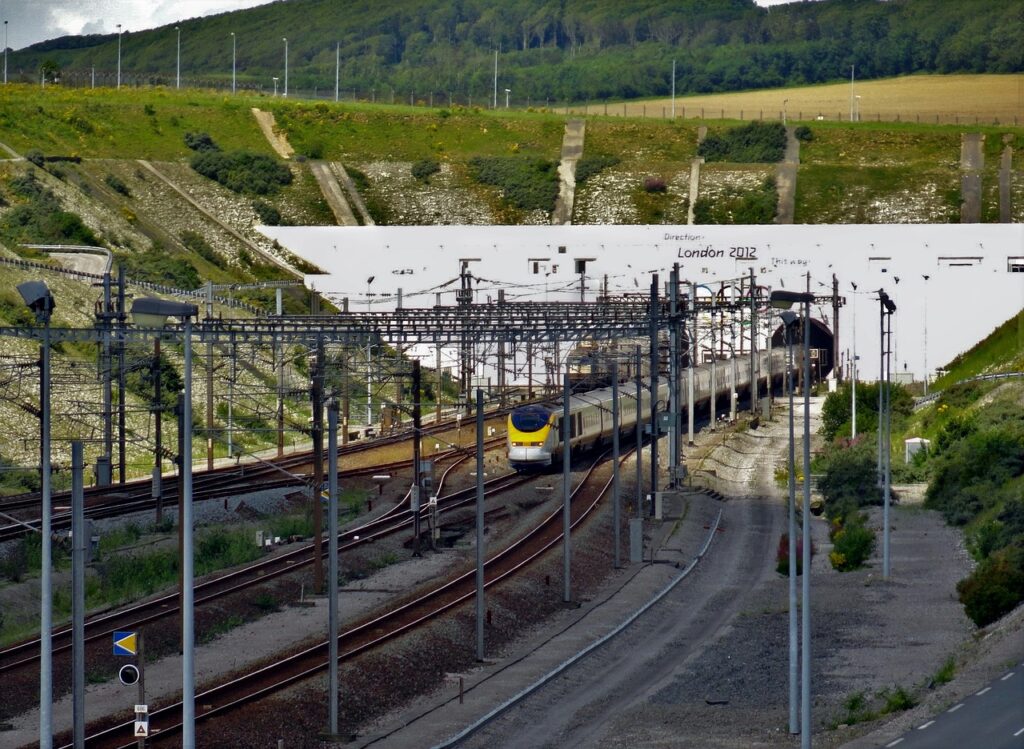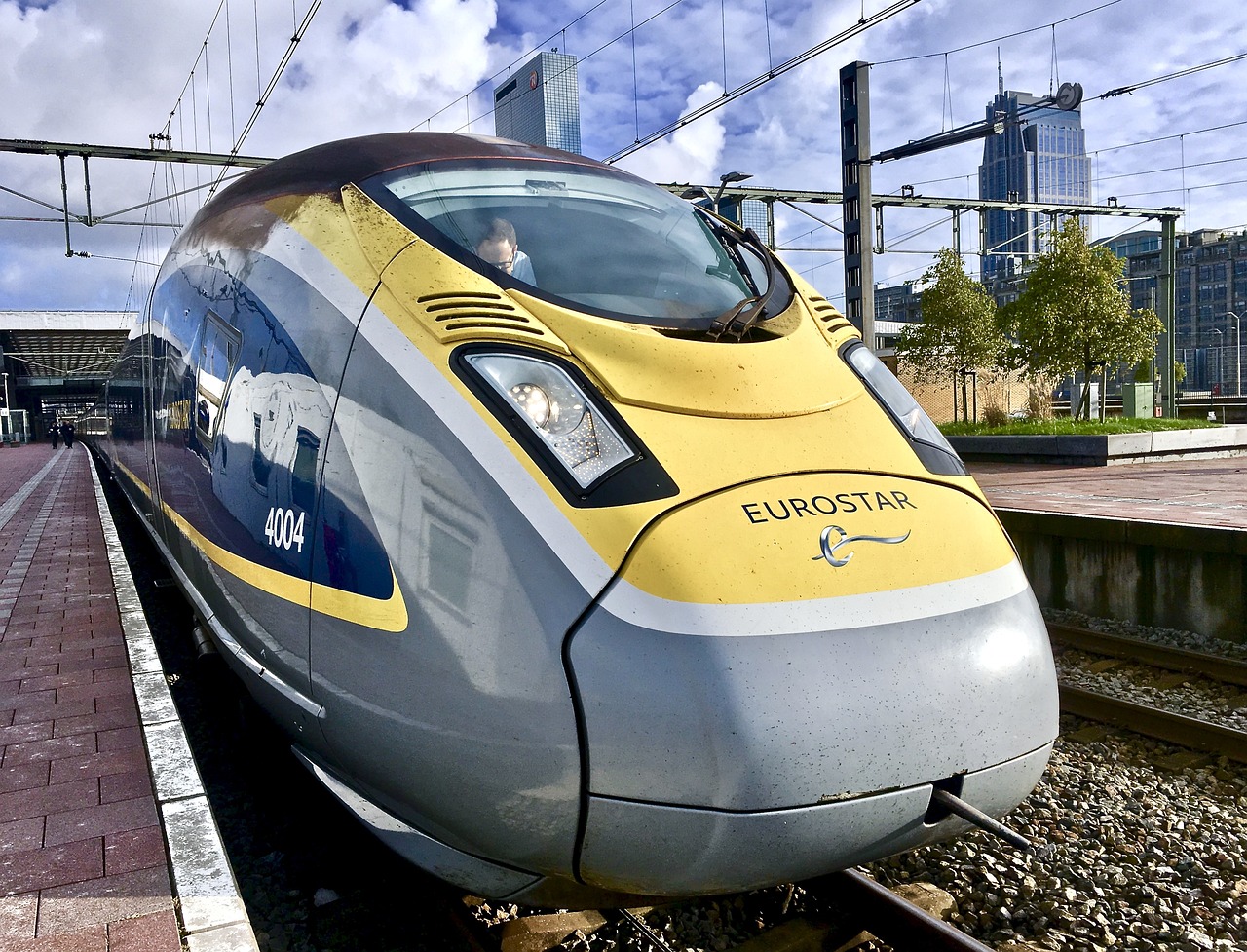In a recent ruling by the UK’s Advertising Standards Authority (ASA), Eurostar has come under scrutiny for social media advertisements promoting £39 tickets, which the watchdog determined were misleading to consumers. The ads, which attracted significant interest, promised low-cost fares but allegedly failed to adequately clarify the limitations of the offer. This article delves into the specifics of the ASA ruling, Eurostar’s advertising approach, and broader issues of transparency in travel advertising. We’ll also cover how consumers can protect themselves from misleading travel promotions.

Eurostar’s £39 Ticket Advertisements: What Happened?
In a bid to attract budget-conscious travelers, Eurostar ran a series of social media ads advertising seats for as low as £39. The campaign was visually enticing, emphasizing affordability while suggesting that these tickets were widely available for journeys from London to key destinations such as Paris and Brussels. However, the ASA received several complaints from consumers who were frustrated when they found it nearly impossible to secure these low fares.
After reviewing the complaints, the ASA determined that Eurostar’s ads had failed to communicate that only a limited number of seats were available at the £39 rate. Many customers, drawn in by the ad, discovered that most tickets were significantly more expensive or unavailable altogether. Consequently, the ASA ruled that Eurostar’s advertising approach had violated standards of truthfulness and transparency.
Key Issues in the ASA’s Ruling on Eurostar’s Advertisements
- Lack of Transparency on Ticket Availability
Eurostar’s ad did not clearly state that the £39 fares were available only on specific dates and times, which limited access to the advertised price. Consumers were led to believe that they could easily book a trip to Paris or Brussels for under £40, only to find that securing such tickets was difficult without very early planning. - Potential Impact on Consumer Trust
The ASA’s ruling highlights a growing issue in the travel industry: the erosion of consumer trust. When travelers are led to believe they’re getting a deal that turns out to be elusive, it can foster a sense of distrust in the brand and reduce loyalty. Eurostar’s response to the ruling included an assurance to improve the clarity of their advertising, though some customers remain skeptical. - ASA’s Enforcement of Advertising Standards
As the UK’s regulator for advertising across all media, the ASA has made it clear that it will continue to hold travel companies accountable for misleading pricing claims. The authority’s mandate includes protecting consumers from advertisements that could lead to financial harm or disappointment. - Comparisons with Other Travel Industry Promotions
Eurostar isn’t the only company to have been called out for advertising low-cost seats or deals that are rarely accessible. Airlines, tour operators, and cruise lines have all faced similar criticisms for running “limited-time offers” that are heavily restricted in availability. This Eurostar case adds to the debate about fair advertising practices in the travel sector. - Challenges for Consumers in Identifying Legitimate Deals
As more companies adopt similar “flash sale” tactics, it’s become increasingly challenging for consumers to determine which offers are genuine and which may come with strings attached. Misleading practices can exploit consumers’ fear of missing out (FOMO), pushing them into purchasing tickets impulsively or paying higher prices than they anticipated.
How Eurostar Has Responded to the Ruling
Following the ASA’s decision, Eurostar issued a statement indicating that it would ensure greater transparency in future advertising. They promised to clarify the availability and restrictions tied to specific promotions, which could involve more prominent disclaimers or clearer guidelines on which days and times customers can find discounted fares.

Why Misleading Ads Happen in the Travel Industry
The travel industry is highly competitive, and companies often rely on aggressive promotions to capture consumer interest. Many brands highlight “starting from” prices to attract attention, but these prices are typically available only in limited numbers. Due to factors like seasonal demand, peak travel dates, and market competition, travel companies sometimes feel pressured to present eye-catching offers to stand out. This can lead to ads that, while technically accurate in some respects, don’t fully reflect the realities of availability, leading to consumer disappointment.
Tips for Consumers to Avoid Misleading Travel Promotions
For consumers looking to avoid misleading ads in the travel industry, there are a few key strategies:
- Read the Fine Print Carefully
Check for any small print that indicates limitations on availability. Terms like “limited availability,” “subject to demand,” or “off-peak only” often signal that the advertised price is not available at all times. - Compare Prices Across Multiple Dates and Times
Many travel companies restrict the lowest fares to off-peak times. By checking a range of dates, you can get a clearer picture of when the advertised price may actually be available. - Use Price Alert Tools and Comparison Sites
Price alert tools can notify you of sudden drops or promotions on travel websites, which can help you avoid missing out on genuine deals. Price comparison sites are also useful for checking average rates and ensuring that the “discount” price is indeed a good deal. - Check for Consumer Reviews or Forums
Often, past travelers will share insights on how often they found promotional prices and whether they encountered any booking issues. This information can help you determine whether a promotion is worth pursuing. - Set a Travel Budget Before Viewing Promotions
Knowing your maximum spend can help you stay focused and not get carried away by potentially misleading promotions. Setting clear budget boundaries keeps you grounded if advertised prices are unattainable or if “add-ons” make a deal less attractive.

Common Questions About Eurostar’s Advertising and Travel Promotions
- Why did the ASA rule against Eurostar specifically?
The ASA found that Eurostar’s ads lacked transparency about ticket availability, creating a misleading impression about the ease of securing £39 fares. The watchdog determined this could mislead consumers into believing that these low prices were more widely available than they actually were. - How many tickets were actually available at the £39 price?
While Eurostar hasn’t specified the exact number, the ASA’s investigation found that the availability was limited, especially during peak times. Typically, such discounted fares are available on certain days, times, and travel periods. - Can Eurostar still advertise discounted fares in the future?
Yes, but the ASA’s ruling means Eurostar must ensure that future ads clarify any restrictions tied to low-priced tickets. For example, they may need to specify limited dates or times more prominently in the ad. - Are all travel companies required to adhere to ASA rulings?
In the UK, any company running advertisements is expected to comply with ASA standards. If a company fails to follow an ASA ruling, it could face further sanctions, including bad publicity or enforcement actions by industry regulators. - What should I do if I feel misled by a travel advertisement?
If you encounter a misleading travel ad, you can report it to the ASA if you’re in the UK, or equivalent regulatory bodies in your region. Additionally, you can share your experience on review platforms to help inform other travelers.
Conclusion
The ASA’s recent ruling against Eurostar emphasizes the importance of transparency in travel advertising, holding companies accountable when promotions don’t meet consumer expectations. For travelers, knowing how to recognize and avoid misleading ads is increasingly essential. By staying informed and cautious, you can better navigate promotional claims and find genuine deals that match your travel goals and budget.
Sources The Guardian


